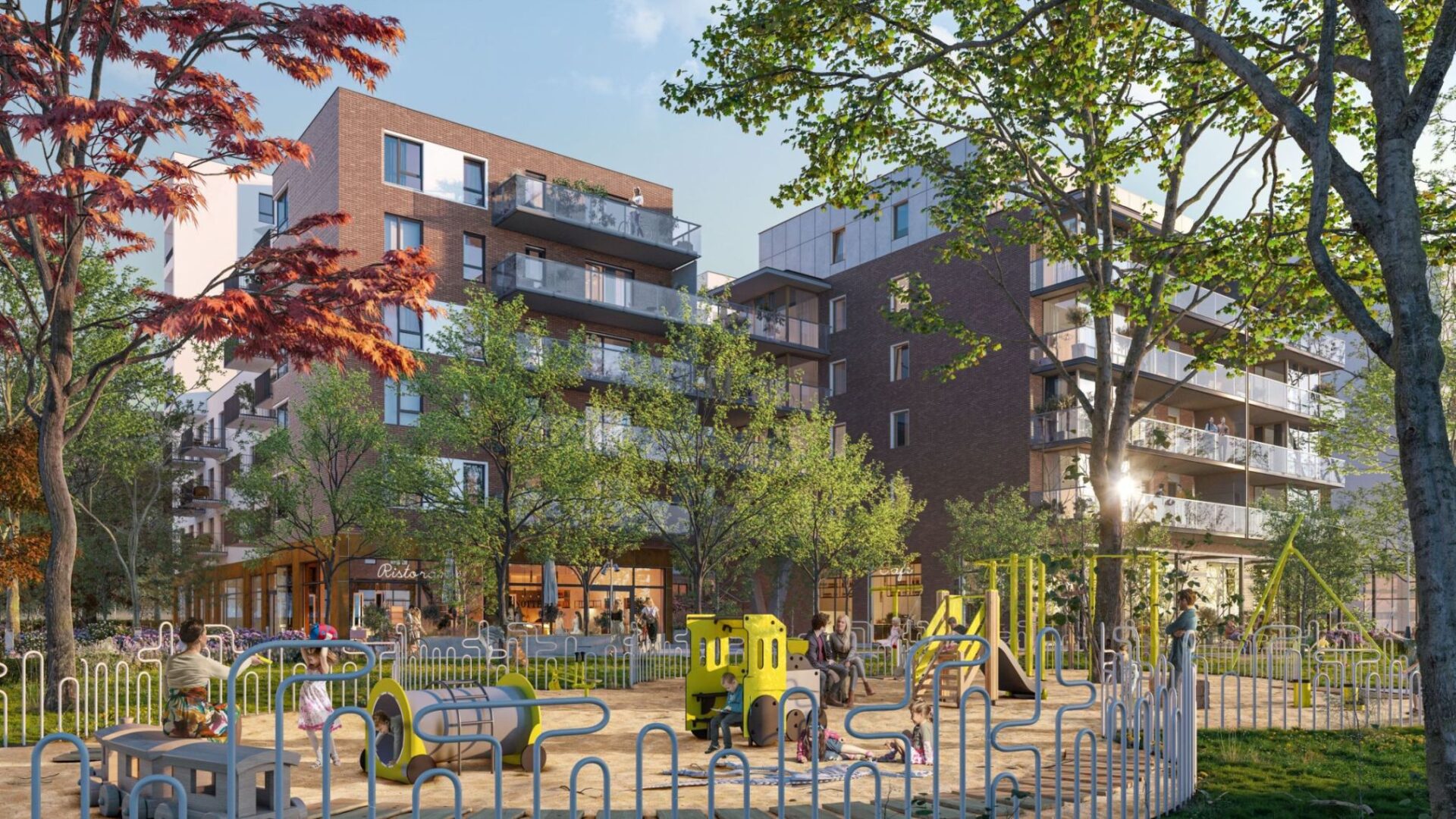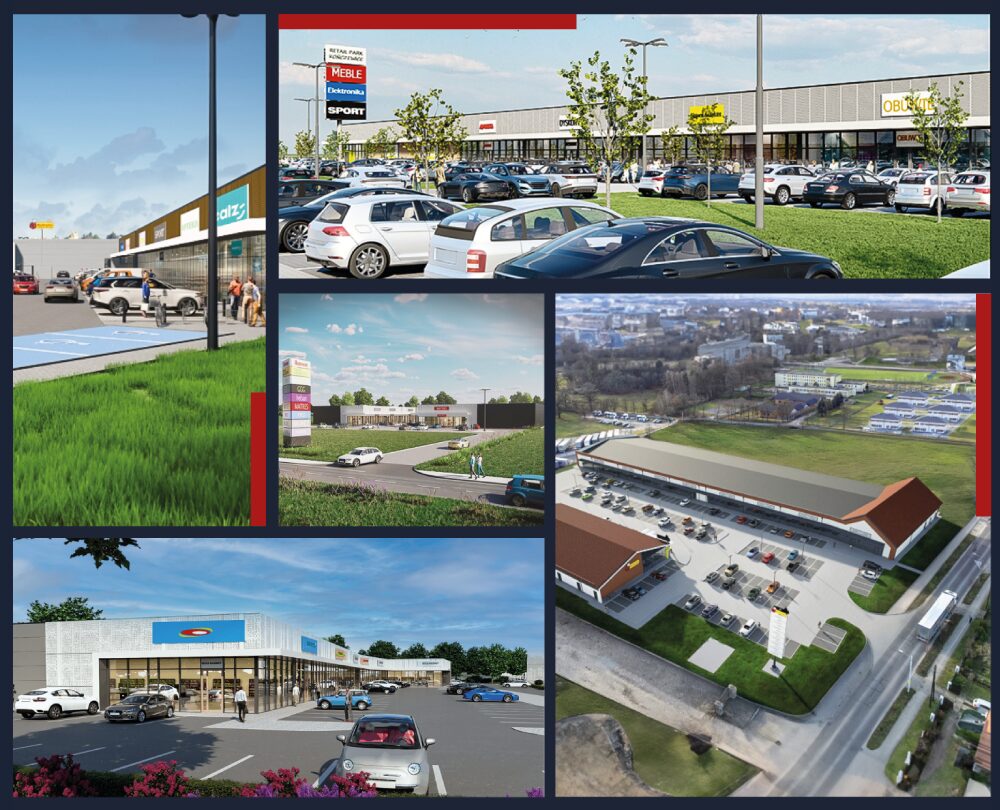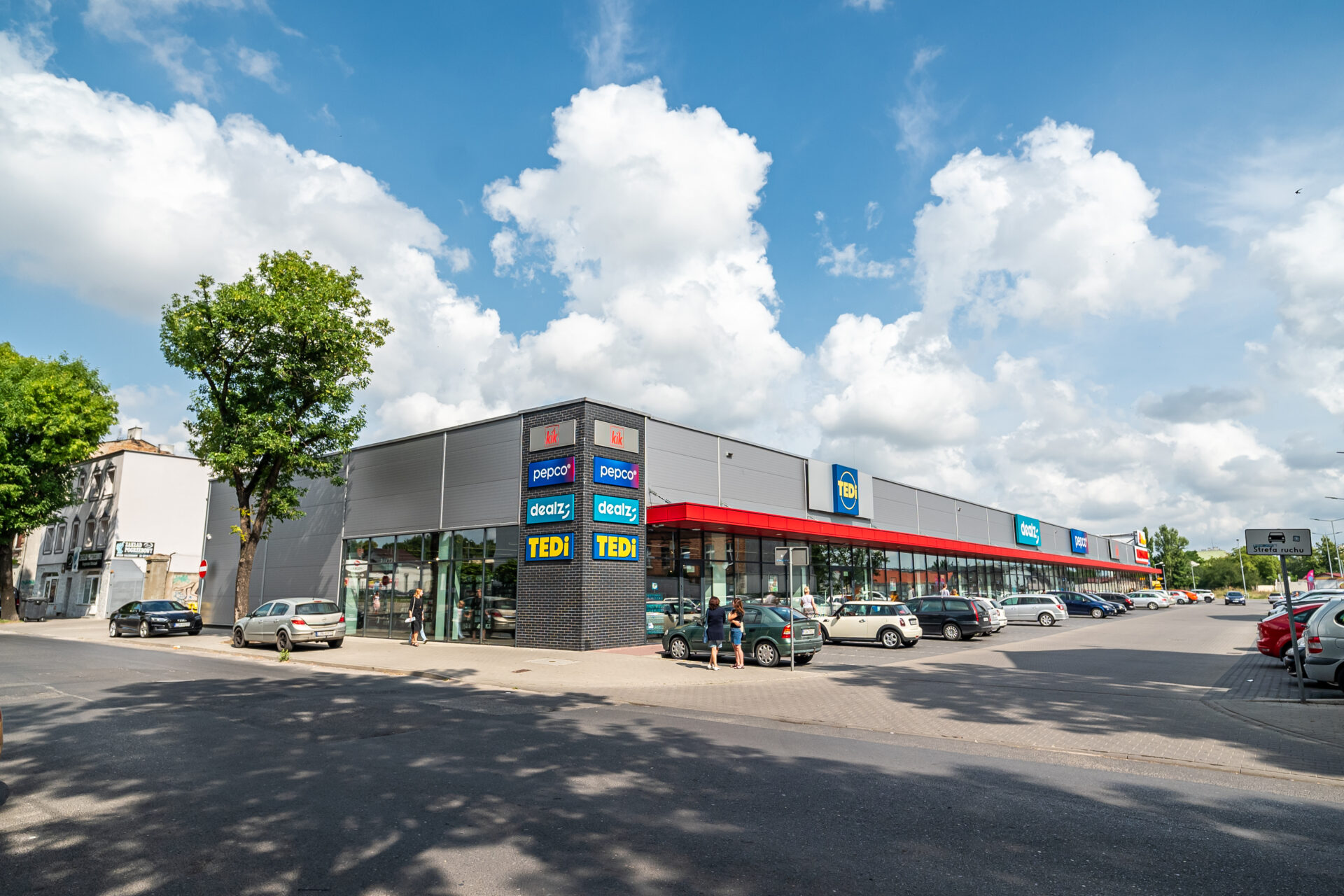The results of the CBRE European Retail Occupier Survey 2024 emerge during a time of optimism, as the retail sector and regional economy overall approach the end of a challenging period. The study includes responses from over 60 global retailers with a store network of over 130,000 locations and shows that 71 percent of retailers planning to increase their number of physical stores intend to do so in markets where they are already present.
Spacious stores are among the top priorities, with 72 percent of respondents aiming to enlarge their store size. This marks a significant increase compared to the 2022 CBRE study results, where only 26 percent of respondents expressed interest in operating larger surfaces.
The preference for larger stores is one of the key trends observed in the market, particularly among fashion and athleisure brands in capital cities and major urban areas. A trend specific to the luxury sector is owning stores instead of leasing them. However, leasing remains the predominant strategy for the mass market, with 84 percent of respondents stating they have no plans to purchase stores.
“Improved consumer confidence is starting to translate into higher spending, which is giving retailers confidence to commit to stores in markets familiar to them, and new markets altogether. Brand loyalty is often enhanced through in-store experience, and this is where we see retailers committing to store investments and using bricks and mortar to truly showcase their brand identity,” highlighted Chris Gardner, Head of European Retail, CBRE.
In terms of preferred formats, Retail Parks are dominant, with 45 percent of respondents favouring them as locations for future stores. The popularity of this format is also supported by factors such as: 1. High foot traffic generated by residents in the area, 2. Access to free parking, and 3. Similar retailer profile within the same retail park—all three criteria are identified as influential factors for store performance.
From a digital perspective, retailers are in a phase of exploration and learning, rather than implementation. 61 percent of respondents stated they are investigating Artificial Intelligence (AI), but only 25 percent have already implemented AI solutions.
ESG standards are also becoming increasingly important. According to the CBRE study, 6 in 10 retailers anticipate that over the next three years, “green” building features will become an advantage in leasing negotiations. This represents a 45 percent increase over 2022 – clear evidence that environmentally friendly contracts are expected to become more common.
Overall, bricks and mortar stores remain an essential component of strategy, with 97 percent of respondents acknowledging their importance. Additionally, there is a shared belief in the effectiveness of physical stores, which outperform online retail in terms of consumer engagement, cross-selling, overall sales strategy effectiveness, introducing new products, and attracting new customers.
“The fact that 72 percent of retailers want to increase the size of their physical stores, compared to just 26 percent in 2022, along with the appetite for expansion in both new and existing markets across Western Europe and CEE, suggest a favourable 2025 for retail. The sooner retailers can implement AI solutions, the more they will be able to enhance store profitability and the shopping experience. I would like to thank the retailers in CEE and EMEA who participated in our study; the findings are extremely interesting and reveal some key trends for the coming year”, said Carmen Ravon, Head of Retail Occupiers CEE, CBRE.







